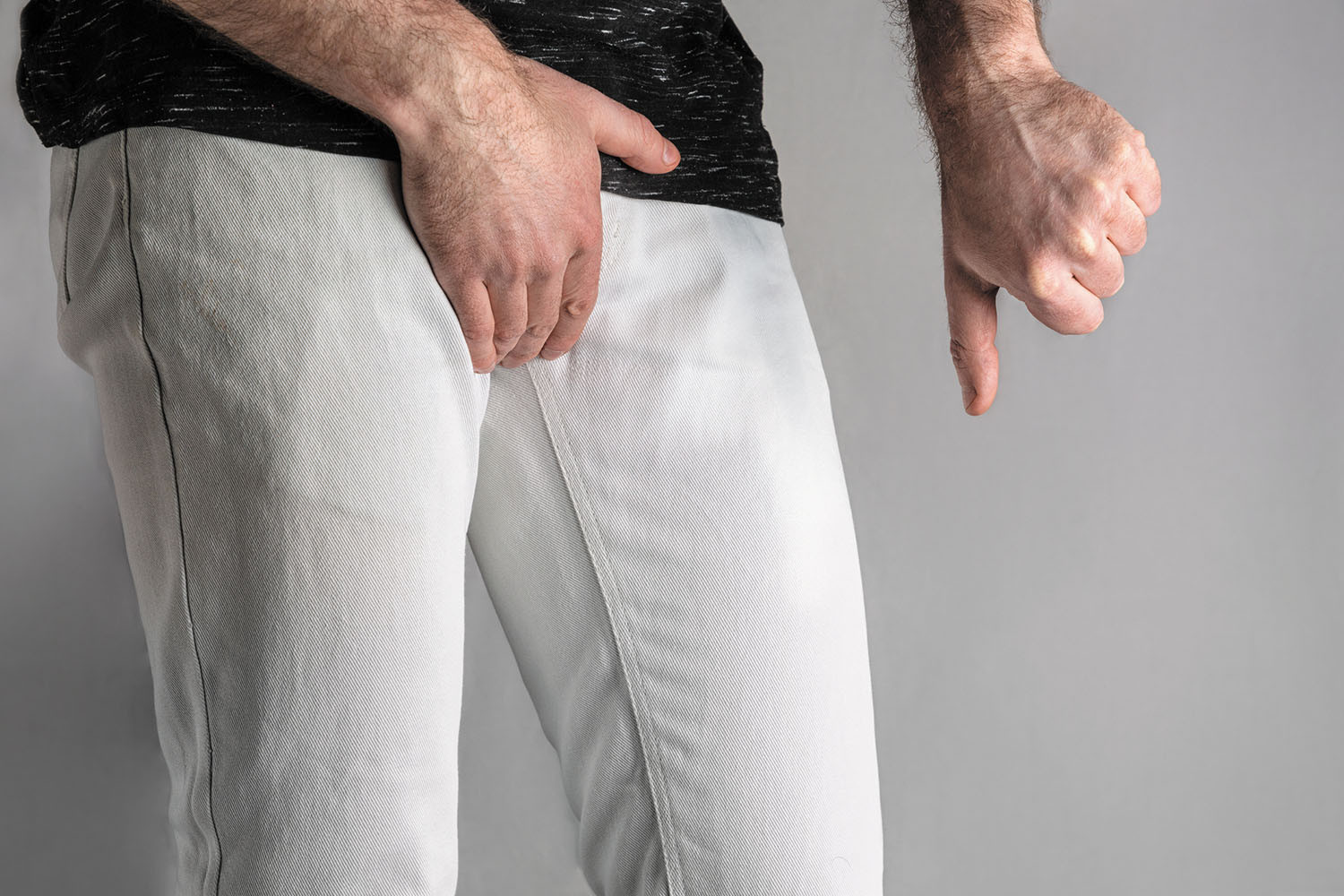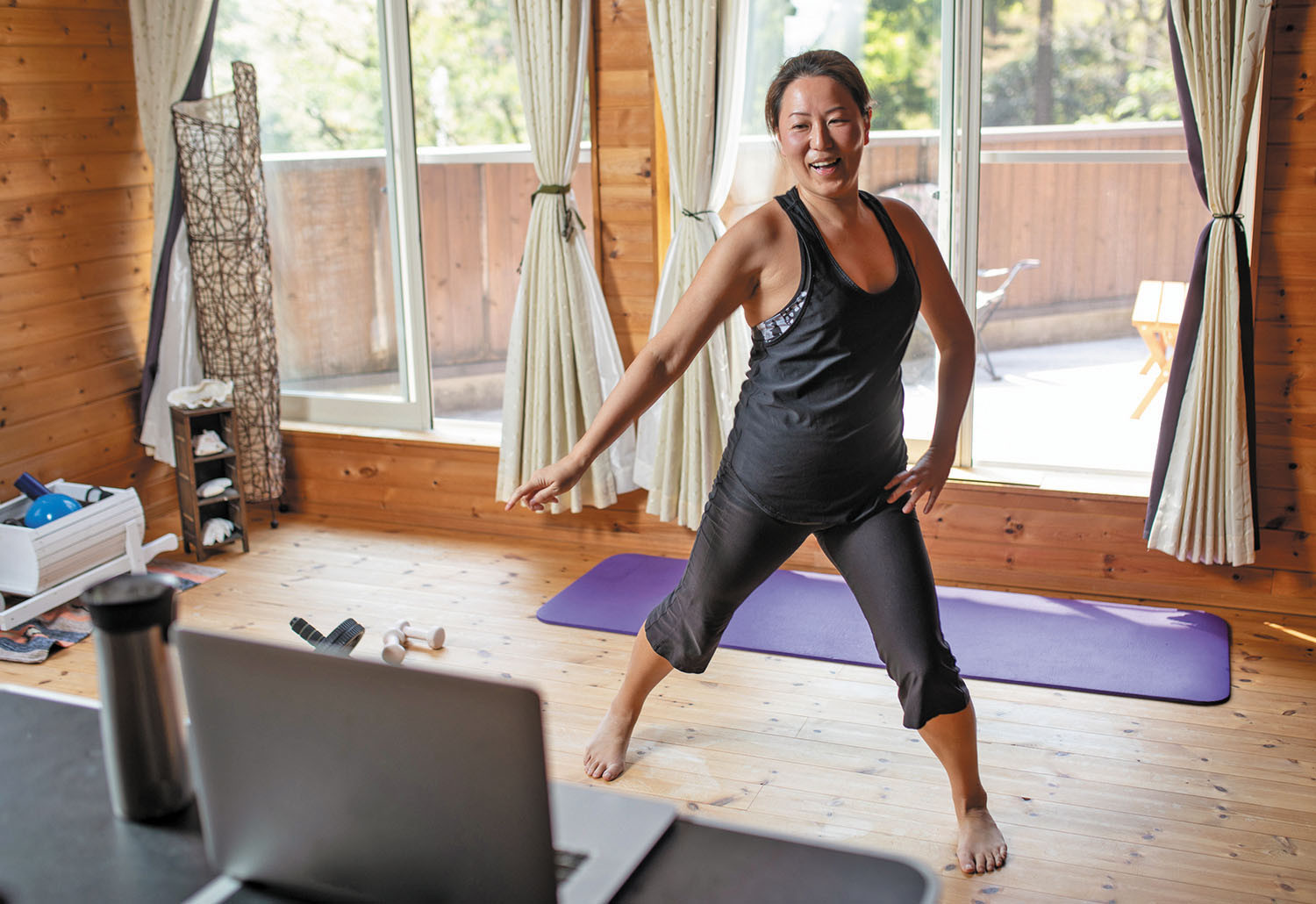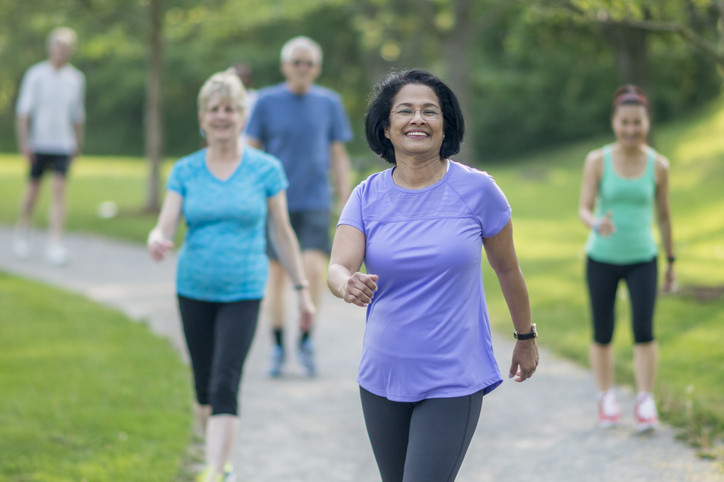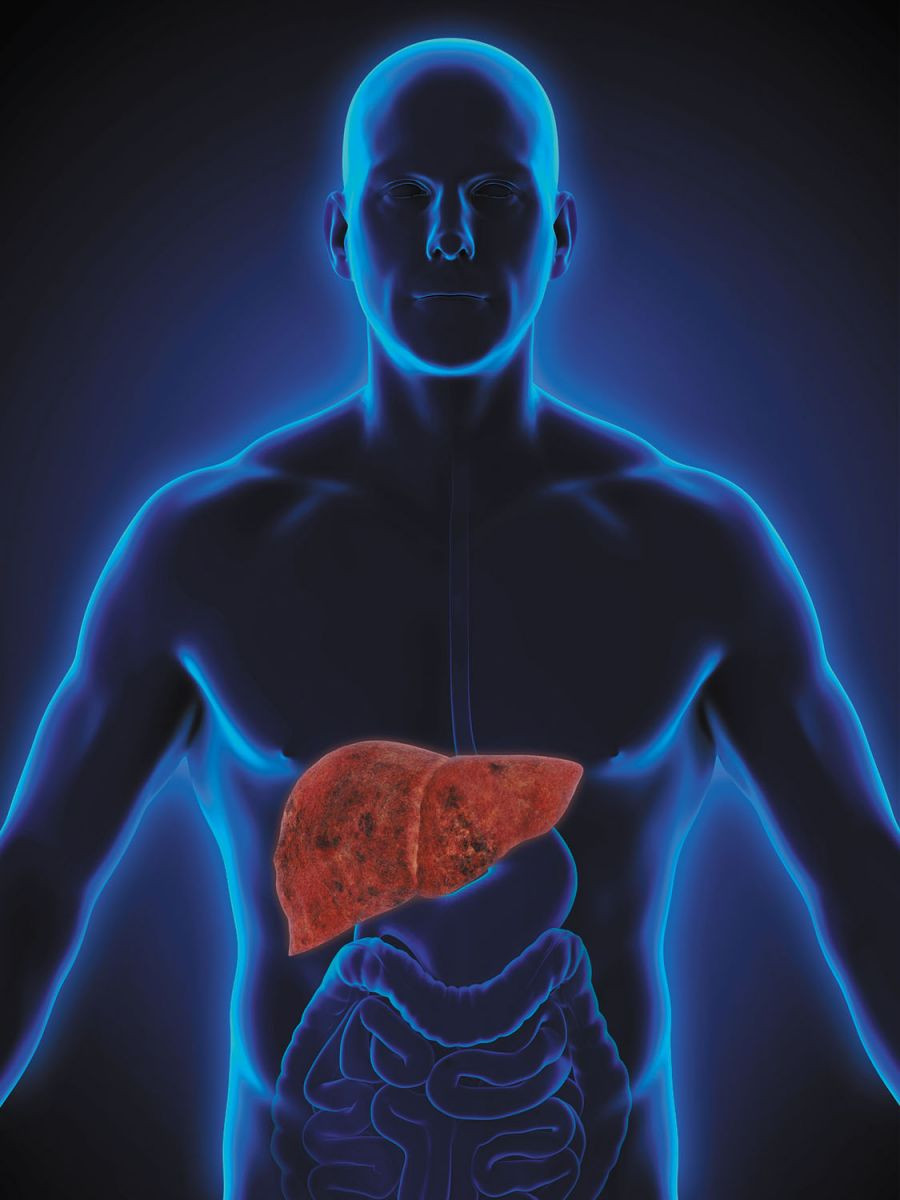
How does prostate cancer treatment affect mental health?

5 timeless habits for better health

What are the symptoms of prostate cancer?

Is your breakfast cereal healthy?

When pain signals an emergency: Symptoms you should never ignore

Does exercise give you energy?

Acupuncture for pain relief: How it works and what to expect

How to avoid jet lag: Tips for staying alert when you travel

Biofeedback therapy: How it works and how it can help relieve pain

Best vitamins and minerals for energy
Exercise & Fitness Archive
Articles
Unlocking the mystery of chronic pelvic pain syndrome
The condition is an all-too-real problem for men, and one of the more difficult to treat.
After age 50, men often have periods of discomfort "down there." It could be a cramping, aching, or throbbing pain in and around your pelvis and genitals. You also may have issues in the bedroom and bathroom. While the problems are real, the cause is often difficult to pinpoint.
It's called chronic pelvic pain syndrome (CPPS) — also known as chronic prostatitis — and it's one of the most puzzling and difficult-to-manage conditions for older men.
Stuck at home?
You can get a good workout anyway.
The winter months present numerous challenges to maintaining your fitness in a typical year. This year, with the COVID-19 pandemic, it may be harder than ever to get to the gym or your usual exercise class.
What can you do to keep your body in motion and not lose ground as the weather turns colder? The answer, luckily, is plenty, says Dr. Beth Frates, an assistant professor physical medicine and rehabilitation at Harvard Medical School. There are many effective workouts that don't require a large space, a gym, expensive equipment, or even a live instructor.
Easy ways to fight pandemic-era inactivity
Interrupt your sitting time with a break every hour.
For many people, the effects of the pandemic include less physical activity. But long periods of sitting are bad for health. They're associated with increased risks for obesity, diabetes, heart disease, stroke, cancer, and metabolic syndrome (a cluster of health conditions that include abdominal obesity, unhealthy cholesterol levels, high blood pressure, and high blood sugar). Too much sitting is even linked to an early death. The good news: staying active throughout the day helps reverse the effects of too much sitting.
Doctor's orders
"Take a two-, five-, or 10-minute break at least once per hour," advises Dr. Beth Frates, director of wellness programming for the Stroke Research and Recovery Institute at Harvard-affiliated Spaulding Rehabilitation Hospital.
The skinny on fatty liver disease
Rates continue to rise, but there are ways to protect yourself and even reverse the effects of this dangerous disorder.
Your liver is your largest internal organ and your body's workhorse. Among its many jobs are converting food into fuel, processing fat from your blood, clearing harmful toxins, and making proteins that help your blood clot. Yet this hard-working, supersized organ is susceptible to a dangerous and often hard-to-diagnose condition called nonalcoholic fatty liver disease, or NAFLD.
NAFLD is defined as the presence of fat in more than 5% of liver cells. It is the most common liver disease and affects up to 25% of American adults, 60% of whom are men.
Recharge your sexual energy
If lack of energy has drained your sex life, there are ways to reignite the passion.
Image: © nautiluz56/Thinkstock
Your sexual drive can stay high late in life, but often your energy for sex can diminish. Low energy not only affects your sex life, but can carry over to other parts of your life, too. You can become apathetic, no longer find pleasure in favorite activities, and become more sedentary.
However, many of these issues related to lost sexual energy can be addressed. "Never think lack of energy means an end to your sex life, and there is nothing you can do about it," says Dr. Sharon Bober, director of the Harvard-affiliated Dana-Farber Sexual Health Program. "There are many strategies you can adopt to get back in the game."
New guidelines for aches, pains, and strains
When a minor injury leads to soreness or discomfort, what’s the best first treatment choice? The American College of Physicians and the American Academy of Family Physicians recently developed new recommendations based on reviews of more than 200 studies involving nearly 33,000 subjects.
Stretching may improve blood vessel health
Research we're watching
Doing easy leg stretches may improve blood flow throughout the body by making the arteries more flexible and able to dilate, according to a small study in the July 1, 2020, Journal of Physiology.
The study included 39 young adults, 27 of whom did passive leg stretches five times a week for 12 weeks, while the other 12 did no stretching. (Passive stretching involves holding a stretch for a set period of time aided by an outside force, such as one's body weight or gravity). Volunteers held the thigh and calf stretches for 45 seconds, followed a 15-second rest. They repeated each set a total of five times.
Protect your bones with tai chi
This ancient practice, which consists of sequences of fluid movements, can improve your balance and help you prevent falls.
Tai chi is a form of gentle exercise that experts say can help improve your mood, reduce your stress level, and help keep your heart healthy. It can also benefit your bones.
"There's very strong evidence that tai chi is one of the best weight-bearing exercises to reduce the risk for falls," says Peter Wayne, faculty editor of the Harvard Special Health Report An Introduction to Tai Chi and director of the Osher Center for Integrative Medicine.
Stop counting calories
Put the focus on food quality and healthy lifestyle practices to attain a healthy weight.
Most people have been taught that losing weight is a matter of simple math. Cut calories — specifically 3,500 calories, and you'll lose a pound. But as it turns out, experts are learning that this decades-old strategy is actually pretty misguided.
"This idea of 'a calorie in and a calorie out' when it comes to weight loss is not only antiquated, it's just wrong," says Dr. Fatima Cody Stanford, an obesity specialist and assistant professor of medicine and pediatrics at Harvard Medical School.

How does prostate cancer treatment affect mental health?

5 timeless habits for better health

What are the symptoms of prostate cancer?

Is your breakfast cereal healthy?

When pain signals an emergency: Symptoms you should never ignore

Does exercise give you energy?

Acupuncture for pain relief: How it works and what to expect

How to avoid jet lag: Tips for staying alert when you travel

Biofeedback therapy: How it works and how it can help relieve pain

Best vitamins and minerals for energy
Free Healthbeat Signup
Get the latest in health news delivered to your inbox!
Sign Up











